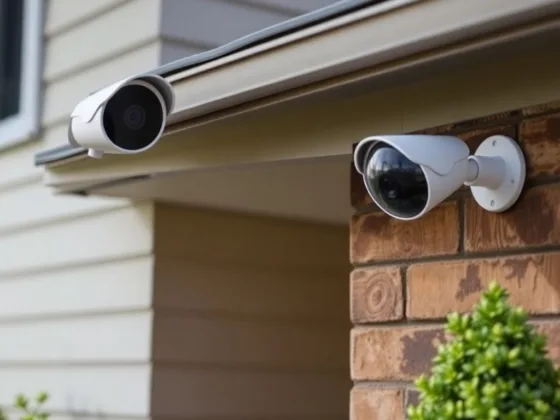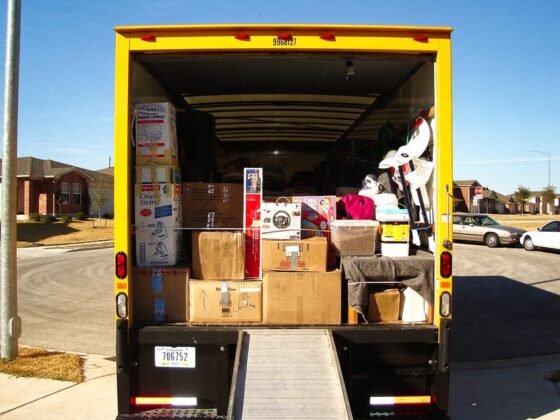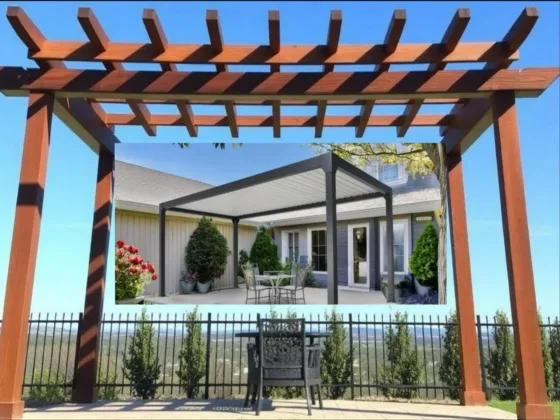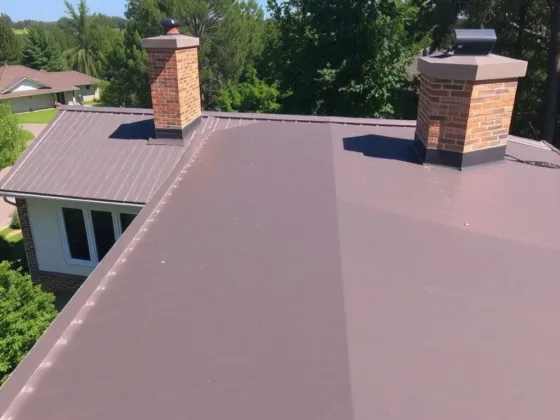Table of Contents Show
Renovating your basement and converting it into a rental space may certainly seem like a huge task.
It can be – there’s a lot of moving parts to take into accounts, such as the length of the project, the budget, and whether the conversion will translate into a worthwhile boost in value for your home or supplementary income.
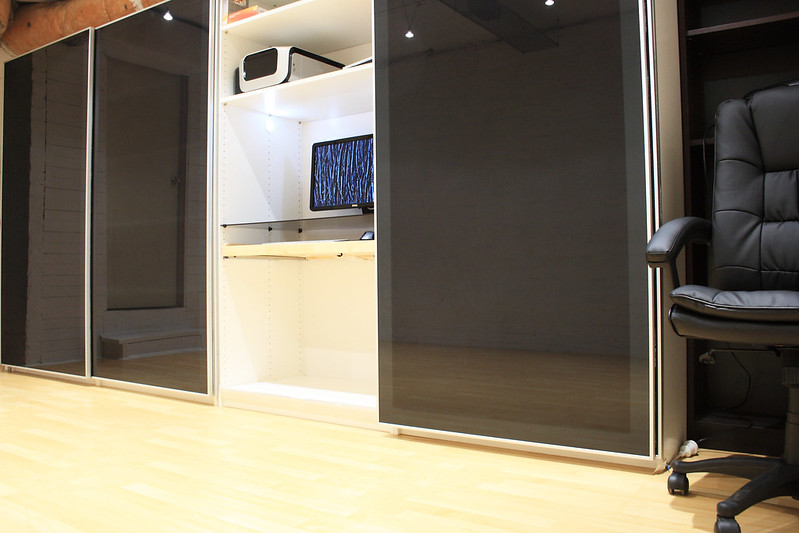
Your project needs to be grounded in reality and adhere to bylaw regulations.
(For this, you may need to consider where you live and what the rules are for development and renovations in your area. For instance, basement development in Calgary may require your renovation to meet specified energy efficiency requirements.)
Before you begin, you may want to ask yourself the following questions…
Is This Basement Renovation Project Possible?
This is likely the most important question: can you do it? Sometimes basement renovation – or any modifications we make to our homes – can seem like less trouble than they end up being.
By hiring a professional to examine your plans with you, you may realize you need to cut some corners or step back on certain aspects if they are especially ambitious.
Budget, time, and regulations will all be a factor in the reality of your plan, so keep your expectations realistic.
Basement renovations can be huge projects and may end up being rather costly.
Fortunately, the ROI can be huge, if you go about your renovations wisely and keep it within the parameters of the law by adhering to your municipality regulations!
Who Are Your Renting Your Basement Out To?
Do you have an idea of who your tenants might be? For students attending university?
People, who work nearby? Is it for your adult children who have grown up who need a little while longer to get on their feet, or maybe your elderly parents? Whatever the case, you may want to keep your target audience in mind when remodeling your basement, just so it appeals to the person or people you are renting it out to.
Instead of renting out your basement space, you may also consider converting your basement into a bi-generational home.
This way you can maintain your privacy but your family will always be within reach.
Read Also:
Who Is Going to Help You Bring Your Project to Life?
Not everyone is an expert in completely DIY’ing a basement renovation. To make this project come to life, you may want to hire or seek out advice from a professional tradesman, architect, construction worker, etc.
Depending on where you are based, you should look to see if the professionals you want to hire have the correct regulations.
Your team can help you set in motion a solid plan for how to go about your renovation project.
Qualified professionals will ensure that you get all the permits you need and that your renovations adhere to provincial regulations.
Requirements for A “Rental Space”
While there’s no “standard” way to do a basement renovation for renting out space, there are some requirements.
In reality, your rental space can look however you want it to so long as allowed and fits within your budget and the scope of your project.
The regulations will change from area to area so make sure you adequately familiarize yourself with the regulations, bylaws, and standards for apartment units or rental spaces in the place where you live.
You can always ask for the advice of a professional too, especially if you aren’t sure.
Here are a few possible requirements for basement conversions into a rental space:
Entryway
An areaway is ideal, but if you don’t already have one you should know this may considerably increase your project budget.
However, if budget allows, an entryway or areaway can add some serious appeal to tenants – (and you can request additional rent as a bonus.)
An emergency exit is a mandatory addition to your “rental space” or apartment.
There may be different requirements for the sizes/how many exits you will need for your basement so ensure that you can adhere to your area’s regulations.
Fireproofing and Soundproofing
Safety measures are a must when remodeling a basement where a person is going to be living.
There should be an entryway connected to the outdoors or an indoor stairway that is fire rated, as well as windows, and other municipality fireproofing requirements.
In addition to this, you’ll want to look at what your soundproofing options are.
Ask your contractor or the professionals you have hired to go over your needs and requirements with you to see if you can find a solution that adheres to your plans.
Any Regulations Your Area Requires
Your area may have specific requirements when it comes to the size of your basement, how many windows it needs, entryways, fire escapes, safety features, and more.
Ensure that you familiarize yourself with your local area or enlist the aid of a professional to do it for you.
No matter the plans you have in mind, they must still adhere to what your municipality requires.
It is also especially important to keep these restrictions in mind if there is any structural change to your property.
Basement Waterproofing
While fireproofing and soundproofing are non-negotiables when it comes to a rental space, is performing basement waterproofing equally important? The answer is yes. Basement waterproofing can boost your rental property’s value and improve the living conditions of your tenants.
Basements are functional in every residential and commercial property. In a rental property, tenants can utilize the basement in various ways, such as storage for household items, commercial items, non-essential things, and the like. Waterproofing your basement is just one way to let your tenants know that they’re valued.
After all, basement waterproofing protects the foundation of your property from early degradation. The waterproofing material prevents groundwater from accumulating in the soil where your property’s built, safeguarding your foundation walls from moisture, potential leakage, and other water-related damage.
Basement waterproofing can be done in two ways: interior and exterior waterproofing, and it should be performed by experts like Everdry Waterproofing. Essentially, interior waterproofing involves installing a water drainage system inside the property, specifically beneath the flooring. Meanwhile, exterior waterproofing focuses on preventative measures to regulate water entering your rental property.
Now, what if your rental property’s basement is already waterproofed? Don’t be too confident until you have your basement inspected professionally. The first step to checking your basement is to look for signs of water damage, including the following:
- Stains and discoloration
- Cracks and deteriorating materials
- Mold growth
- Sunken floor
Basement waterproofing is a property requirement that shouldn’t be left waiting, particularly if your rental property is located in an area where flooding is common during the rainy season.
Final Thoughts on Basement Renovations & Renting
Not only can a basement renovation be a fun new project, but it can seriously up the value of your home.
On top of that, it can offer the chance at an additional income! If you are looking at selling in the next little while, renovating your basement is a great way to boost the value of your home and can potentially appeal to a more diverse range of buyers than if your basement was left unfinished.
There are so many different styles and designs to take on when renovating your new basement apartment, and the options are endless!
You can enlist the help of a professional or draw up an idea yourself and hire a contractor to help refine it for you.



